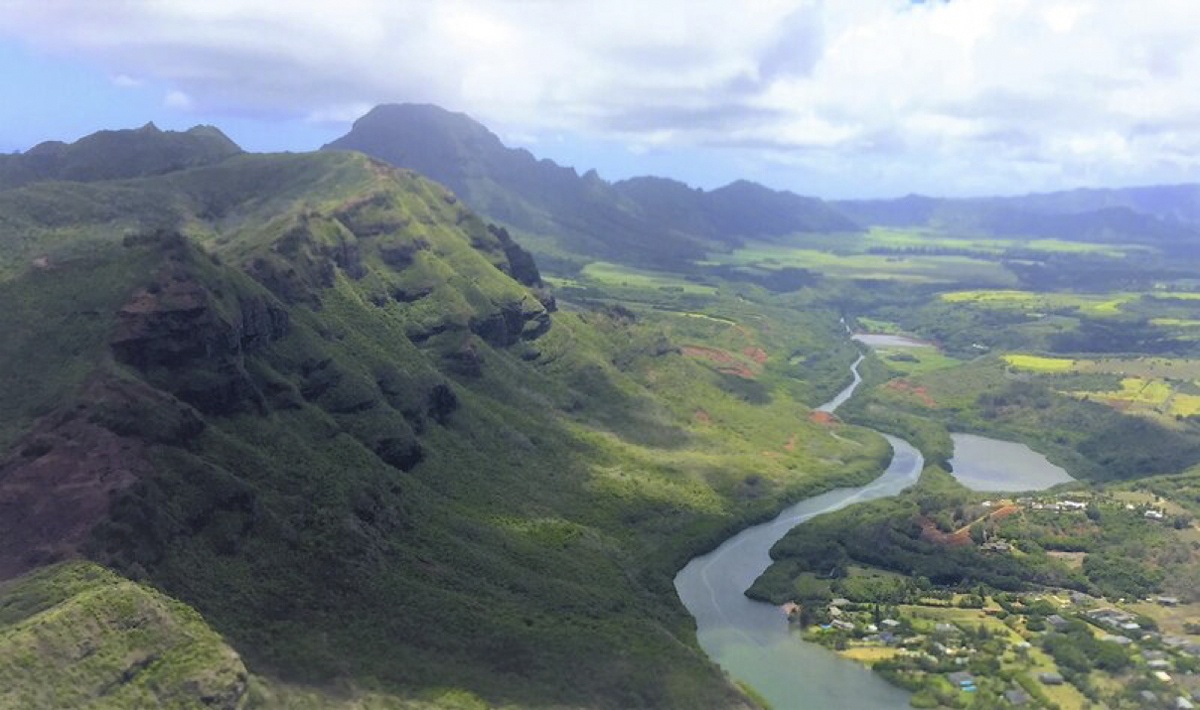East-West Center releases report on PI-CASC partner PICCC

The East-West Center, at the University of Hawaiʻi at Mānoa, has just published a new report, Landscape Conservation in a Changing Climate: Lessons from the Pacific Islands Climate Change Cooperative, that explores the achievements of the Pacific Islands Climate Change Cooperative (PICCC), an early regional partner of PI-CASC. The Department of the Interior supported a network of Landscape Conservation Cooperatives (LCCs) from 2009 until 2018 to address large-scale threats, such as climate change. As one of these 22 LCCs, PICCC was established, guided by a diverse steering committee of land/resource managers, to assist those who manage native species, island ecosystems, and key cultural resources in adapting their management to climate change across the vast area of Hawaiʻi and the US-Affiliated Pacific Islands.
“Landscape conservation” emphasizes the importance of conservation planning at scales that encompass ecological processes and pervasive threats. Evaluating the effectiveness of these efforts is rare, because these projects involve many actors, multiple jurisdictions, and long timescales. This new report presents key findings from evaluative research investigating PICCC’s achievements in the Hawaiian Islands.
Based on interviews and a survey, the report describes the foundation from which PICCC set out to establish a landscape conservation framework, the challenges it faced, its goals and achievements, and transferable lessons for any conservation community working with limited resources across large expanses of land and ocean. The research underlying this report records the unique landscape conservation and climate adaptation approach developed by PICCC’s steering committee and partners, and points to the benefits that have been, and could be, achieved in sustained landscape-scale conservation efforts.
The full report and accompanying executive summary are publicly available through the East-West Center website. Technical questions on this report may be directed to the authors, Dr. Wendy Miles and Dr. Susanne Moser.


